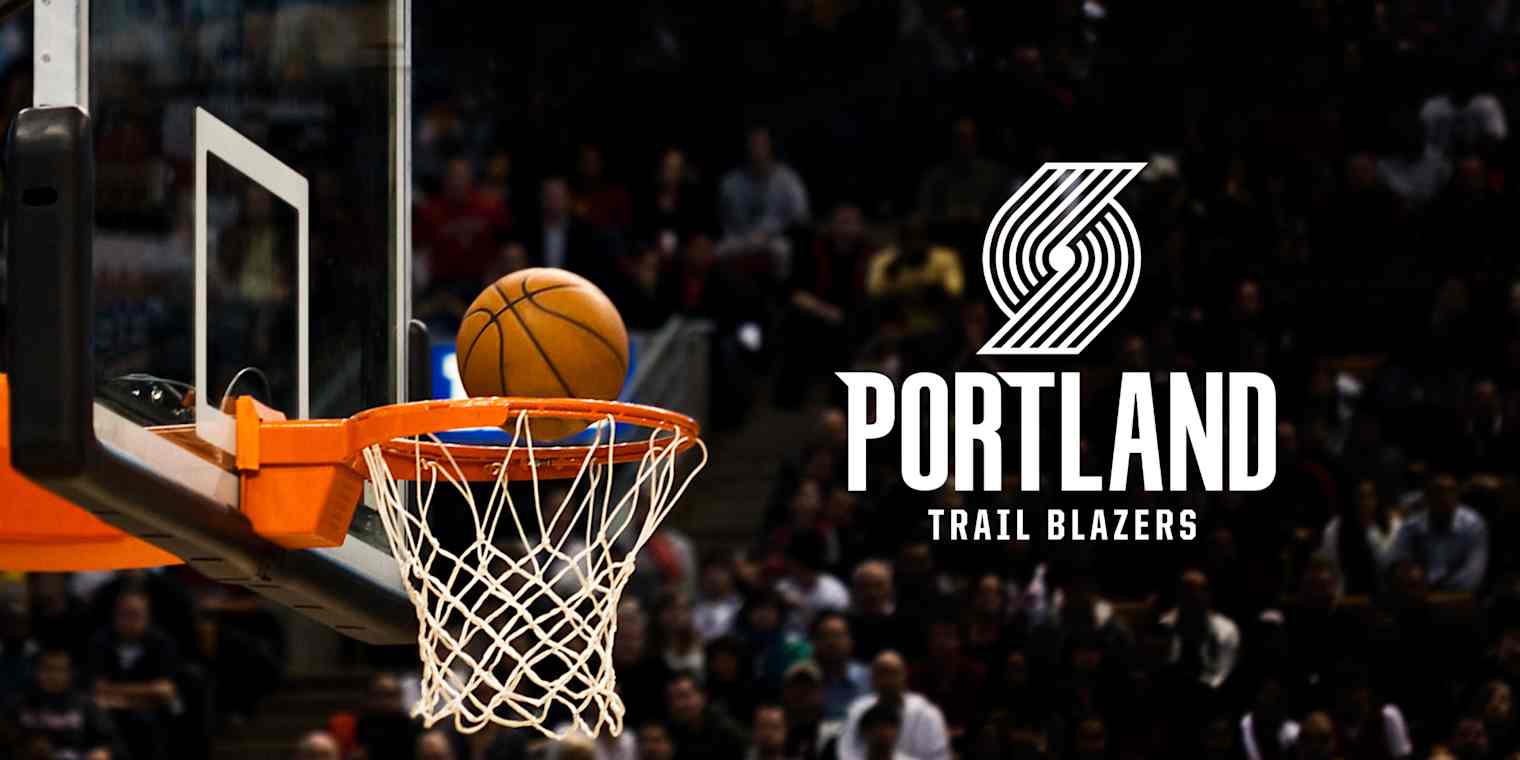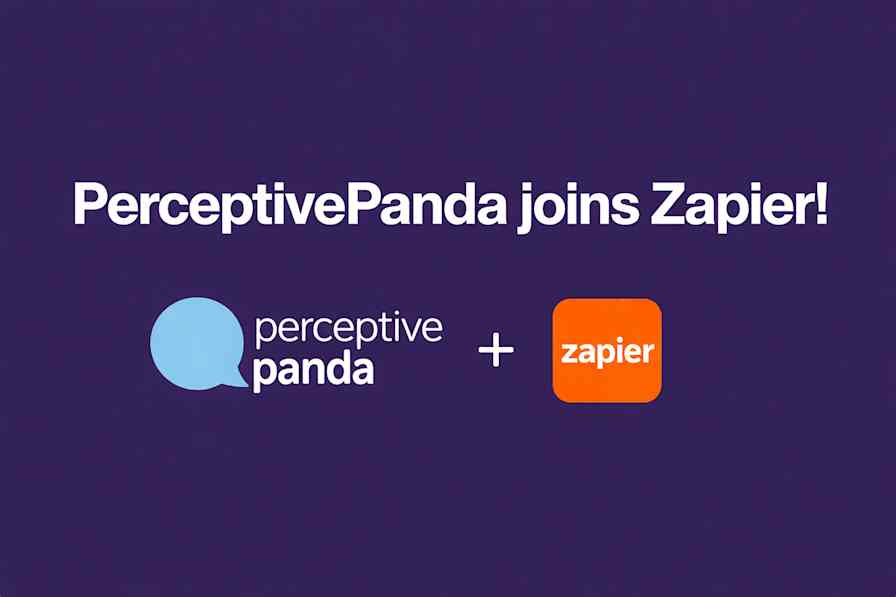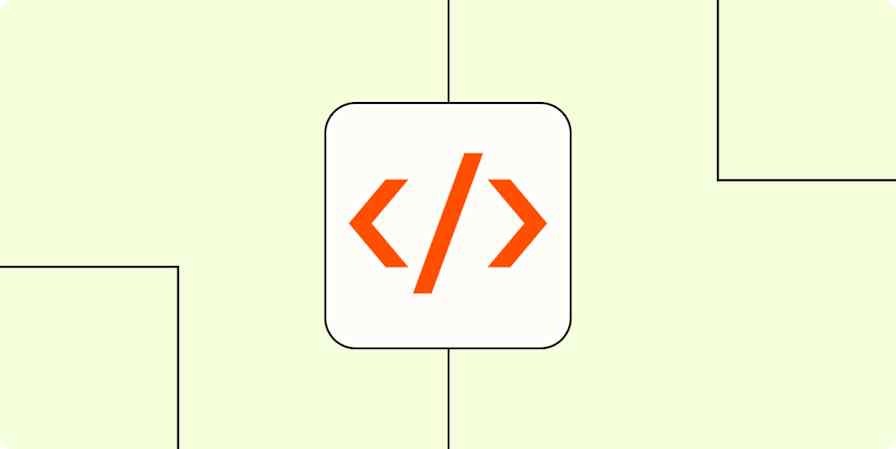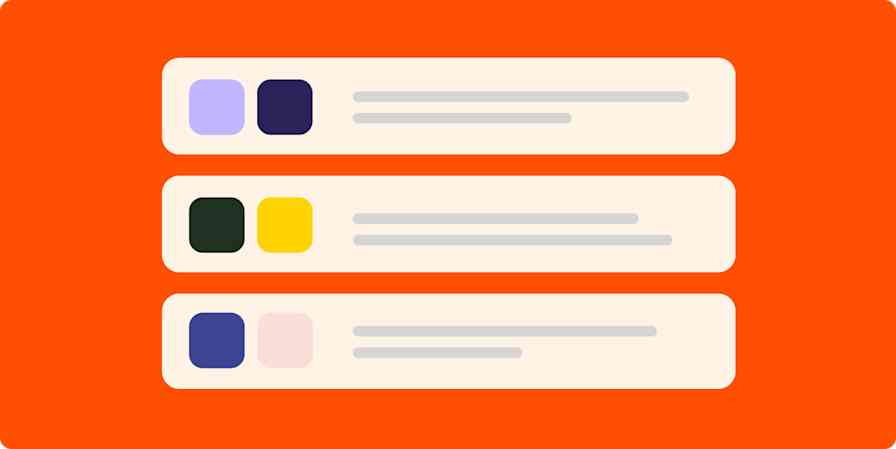Managing the guest experience for back-to-back concerts, NBA games, and arena events is no small feat. For the Portland Trail Blazers, post-event surveys rolled in faster than staff could keep up, sometimes up to 14 events in a single week. And the process to manage that flood of feedback? Painfully manual.
“We had three departments spending about 50 hours a week just reviewing survey results,” said David Long, Vice President of Digital and Innovation. “Some fans with real complaints wouldn’t hear back from us for two weeks, or at all.”
David and his team needed a faster, more consistent way to identify meaningful feedback, get it to the right department, and close the loop with guests. But they also wanted to preserve the human touch and build deeper relationships with fans along the way.
So David turned to automation and AI.
The Trail Blazers' results, by the numbers
47+ hours saved per week: Manual review dropped from 50 hours to just 3 hours, all handled by one person
One full-time headcount saved: The hours saved per week is equivalent to more than one full-time role
<24-hour response time: Fans get responses to complaints within one day
New revenue opportunities uncovered: Sales teams receive warm leads directly from first-time fan responses
Using AI to triage thousands of guest surveys
Before automation, staff across guest experience, parking, and food services would comb through every single survey in Qualtrics, trying to identify complaints that needed a follow-up. The volume was overwhelming. Now, that process is almost entirely automated.
Here’s how it works:
Qualtrics collects guest survey responses and strips out any personally identifiable information (PII).
A trained GPT assistant reviews the de-identified response and assesses its sentiment and severity.
The relevant responses are routed into department-specific Slack channels. For example, parking issues to the parking team, food complaints to food service, and so on.
This setup reduced the weekly workload from 50 hours to just three, with it now being handled by a single person. More importantly, guests who need a response now hear back within 24 hours, not weeks.
“This has been a huge win, not just for efficiency, but for fan development and customer service,” David said.
Personalized responses, triggered by emoji
To take it a step further, the Trail Blazers also built a clever workflow to streamline drafting the responses sent to guests from these surveys.
When a team member sees a survey that warrants a personal response, they react to the Slack message with a 🐢 emoji. That action kicks off a Zap that:
Sends the original survey (now with PII reattached) back to OpenAI.
The AI assistant drafts a personalized email response using internal tone and language guidelines.
Zapier creates a draft in the responder’s Outlook inbox, ready for review.
“We want a human in the process, but now, I just open my Outlook, the draft is ready, I review it, send it, and mark it complete in Slack," said David.
The team uses additional emoji reactions to track status—✅ for completed, ⏭️ for escalated—keeping everything visible and organized.
A Slack channel that celebrates the wins
Originally built to manage detractors, the system soon revealed another superpower: fan celebration.
David’s team created a new Slack channel called Brand Hugs, where survey responses with positive sentiment are routed automatically. The result is a company-wide celebration of great guest experiences.
“We have 102 employees following that channel,” David said. “They get to see the fruits of their labor. It’s an incredible validation for the work they do.”
That validation has real business impact, too. By highlighting the highs, not just the lows, the Trail Blazers are identifying long-time fans to thank personally, spotting first-time attendees who had a great experience and forwarding them to the sales team, and surfacing powerful stories for marketing.
“Those moments let us solidify a core memory for fans,” David said. “And they give our team something to be proud of.”
Building fan engagement with AI and automation
What started as a solution to manage guest complaints has evolved into a full-circle fan engagement system. By combining AI, automation, and human review, the Portland Trail Blazers aren’t just resolving problems faster, they’re building deeper, more loyal fan relationships and empowering staff in the process.
“This has been our most valuable AI build so far,” David said.
About the Portland Trail Blazers
Company size: 650+ employees
Industry: Sports and Entertainment
Location: Portland, Oregon










